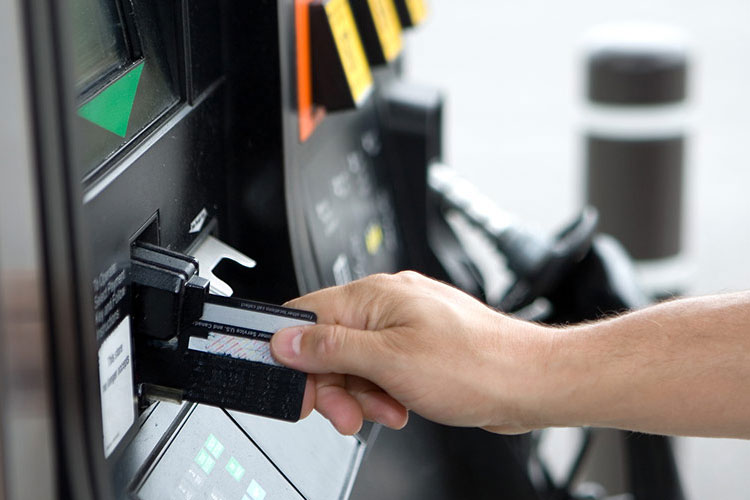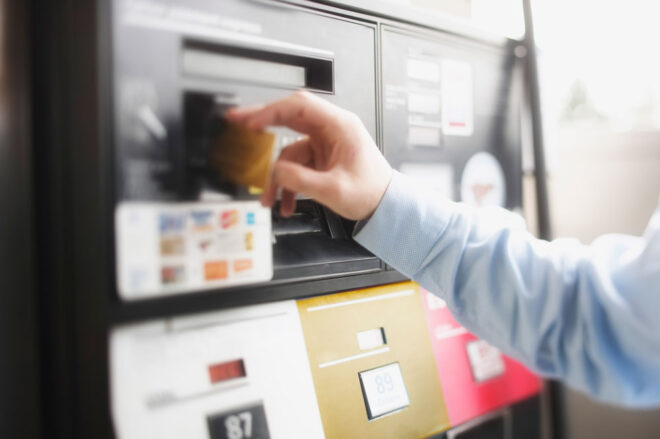Have you ever used your credit card at a retail store and had the clerk ask for your ZIP code? This happens at the gas station, too. When you pay at the pump, most pumps won’t approve the purchase and allow you to fill your tank unless you enter your five-digit ZIP code.
Ever wonder why the credit card machine asks for your ZIP code?
What is AVS?
The credit card machines at gas stations and other automated points of purchase require the credit card ZIP code for security reasons. This is known as an Address Verification System (or Service), also known as AVS. Once you make a purchase, your ZIP code and the transaction information are processed at the same time. If the ZIP code does not match with the ZIP code the card-issuing bank has on file in the processing system, the merchant can choose to decline the transaction and take appropriate steps to ensure the card is not being used fraudulently.
This type of fraud protection is not only relevant for card-present purchases, but is also beneficial for eCommerce transactions, and may include the verification of not just the ZIP code, but the entire billing address to help confirm the purchaser is the actual cardholder.
AVS is used to protect consumers and merchants alike. When a business accepts credit cards, they must comply with data security standards designated by the Payment Card Industry. AVS is just one of several fraud management tools business owners can use to help safeguard against credit card fraud.
In some cases, a merchant may ask for your ZIP code before you have selected your method of payment. The merchant could be gathering marketing data for their sales team. This is not the same as AVS. When the credit card ZIP code is requested by the machine at the time you are making your payment, it is for fraud protection.
Interested in learning more?
If you are a merchant and are interested in learning about fraud protection for your retail or eCommerce store, contact the Clover sales team to find out which Clover or partner solution is right for you.






